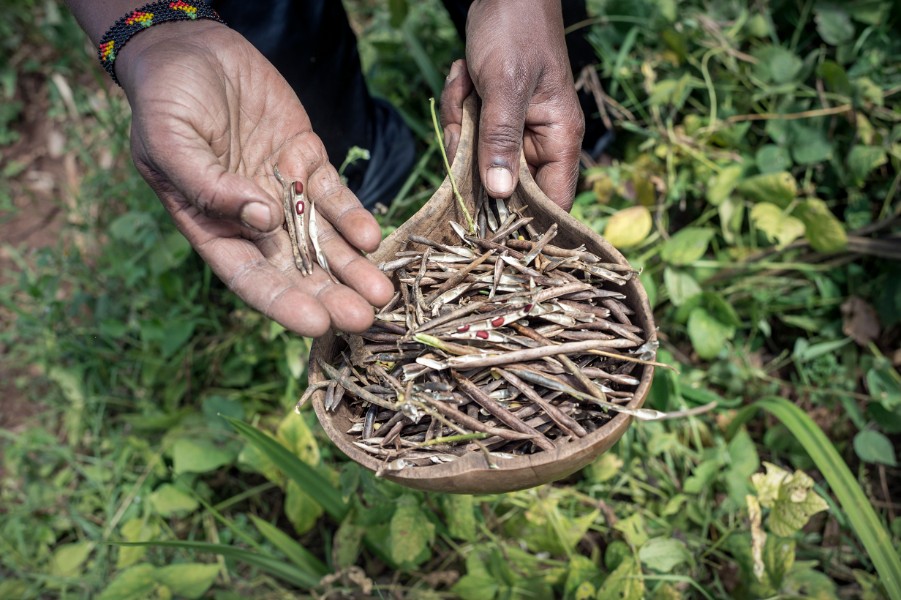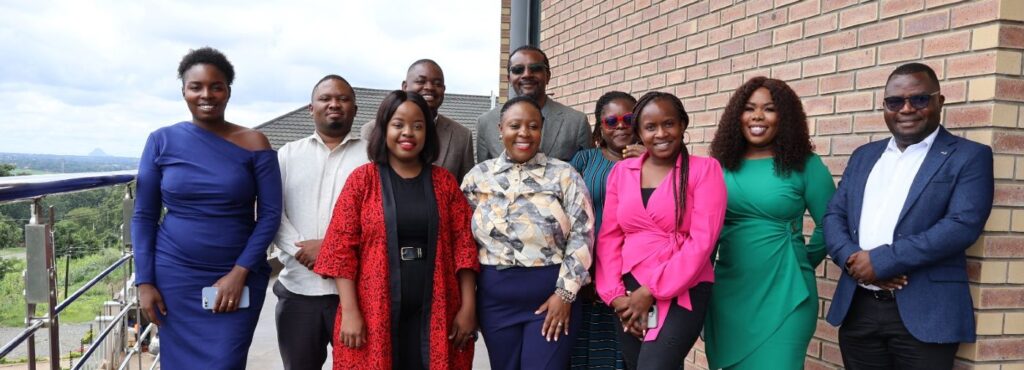2020 marks the culmination of the 2011 – 2020 Strategic Plan for Biological Diversity and the Aichi Biodiversity Targets.
This strategic plan was adopted in 2010, the International Year of Biodiversity, by the Parties to the Convention on Biological Diversity in Nagoya, Japan. It contributes to a shared vision of living in harmony with nature where biodiversity is valued, conserved, restored and wisely used thus maintaining ecosystem services, sustaining a healthy planet and delivering benefits essential for all people by 2050.
The Biodiversity Strategic Plan comprises of 20 Aichi Biodiversity Targets which contribute to five strategic goals: addressing the underlying causes of biodiversity loss by mainstreaming biodiversity across government and society; reducing direct pressures on biodiversity and promoting sustainable use; improving the status of biodiversity by safeguarding ecosystems, species and genetic diversity; enhancing benefits to all from biodiversity and ecosystems services and implementation through participatory planning, knowledge management and capacity building. This culminated to declaration of the United Nations Decade on Biodiversity from 2011-2020 by the United Nations General Assembly.
Commitments on Biodiversity and food
The link between biodiversity, food and health are deeply entrenched. Indigenous and local communities serve as an important pillar for the conservation of these valuable resources through practices such as seed saving. Availing sufficient, healthy and nutritious food for a growing population in a changing climate has posed many challenges. Aichi Biodiversity Target 13 and Target 18 sought to address pertinent issues on genetic diversity of cultivated plants, and the role of indigenous and local communities’ knowledge and practices in the conservation of these resources.
In 2015, Agenda 2030 of a better and more sustainable future for all was defined through a collection of 17 Sustainable Development Goals (SDGs). These also laid more emphasis on the nexus of biodiversity, food and health and the role of indigenous communities. SDG 2 on ending hunger, achieving food security and improved nutrition and promotion of sustainable agriculture, has noticeable overlaps with the Aichi targets 13 and 18. SDG Target 2.3 sets out to double agricultural productivity and incomes of small scale food producers, including indigenous peoples, among others, through access to productive resources. SDG Target 2.5 sets out to maintain the genetic diversity of seeds, cultivated plants through soundly managed and diversified seed and plant banks at different levels. These and other initiatives demonstrated the growing prominence on the critical role that biodiversity plays in food and nutrition security amongst various stakeholders.
Signatory Countries have been reporting on progress towards Biodiversity conservation including the Aichi Biodiversity Targets. Kenya’s 5th National Report lists establishment of field gene banks, legislative and institutional framework for the conservation of the diversity of cultivated plants and domesticated animals together with the establishment of traditional knowledge and genetic resource unit as an achievement. Some of the proposed national goals listed included a national policy on traditional knowledge and genetic resources and mainstreaming of community gene banks into agricultural systems by 2020.
Our solutions are in nature
While this has not been updated and may not be conclusive for Kenya and other countries, and preparations for the fifth edition of Global Biodiversity Outlook underway; the Global assessment report on Biodiversity and Ecosystems Services released in 2019 by the Intergovernmental Science-Policy Platform on Biodiversity and Ecosystems Services (IPBES) cautions that the Aichi targets for 2020 and other goals for conserving and sustainably using nature for 2030 may not be met. It states that globally, local varieties and breeds of domesticated plants and animals are disappearing with few varieties cultivated and maintained. The report further cautions that this loss of diversity leads to less resilient agro-ecosystems and possess a risk to global food security. The report recommends the need for fundamental and significant change across technological, economic and social factors.
World Biodiversity Day
This year’s International Day of biological diversity’s theme, “Our solutions are in Nature”, with key agenda on science and traditional knowledge, conservation of biodiversity, health and food and people and culture, is a reminder that we are fully dependent on healthy and vibrant ecosystems for our health, water and food and medicines and therefore need for mainstreaming biodiversity in economic sectors.
While some progress has been made in the past decade in Biodiversity conservation, these important resources are still under threat. The Food and Agriculture Organization’s 2019 State of the World’s Biodiversity for Food and Agriculture Report reveals that many key components of biodiversity for food and agriculture at the genetic, species and ecosystem levels are still on the decline. These and other reports suggest that the risk of extinction is increasing, with crop diversity in farmers’ fields decreasing.
As we transition from the United Nations Decade on Biodiversity to the Decade on Ecosystem Restoration, let us pick lessons from the past decade. Let us interrogate our actions, our plans and learn from one another, draw lessons from the current COVID-19 pandemic and chart a more robust post-2020 global biodiversity framework. Countries and stakeholders need to work together at all levels, demonstrate more ambition in the post- 2020 Global Biological Framework and accelerate transformative action. There has never been a more urgent need to ‘bend the curve’ on biodiversity loss and ‘build back better’ by increasing resilience for all. Ours solutions are in nature.
About Hivos’ work in Sustainable Food
Through the Open Source Seed Systems programme, Hivos amplifies the critical role of farmer-managed seed systems in conservation of genetic resources, food and nutrition security and resilience building. Hivos works with diverse stakeholders to address pertinent issues in access to diverse seed through policy and legislation influencing and capacity strengthening of seed entrepreneurs. Hivos has also been advancing the concept of Sustainable diets for all in Nakuru County in Kenya with an emphasis on diversity in production and consumption in food systems.




